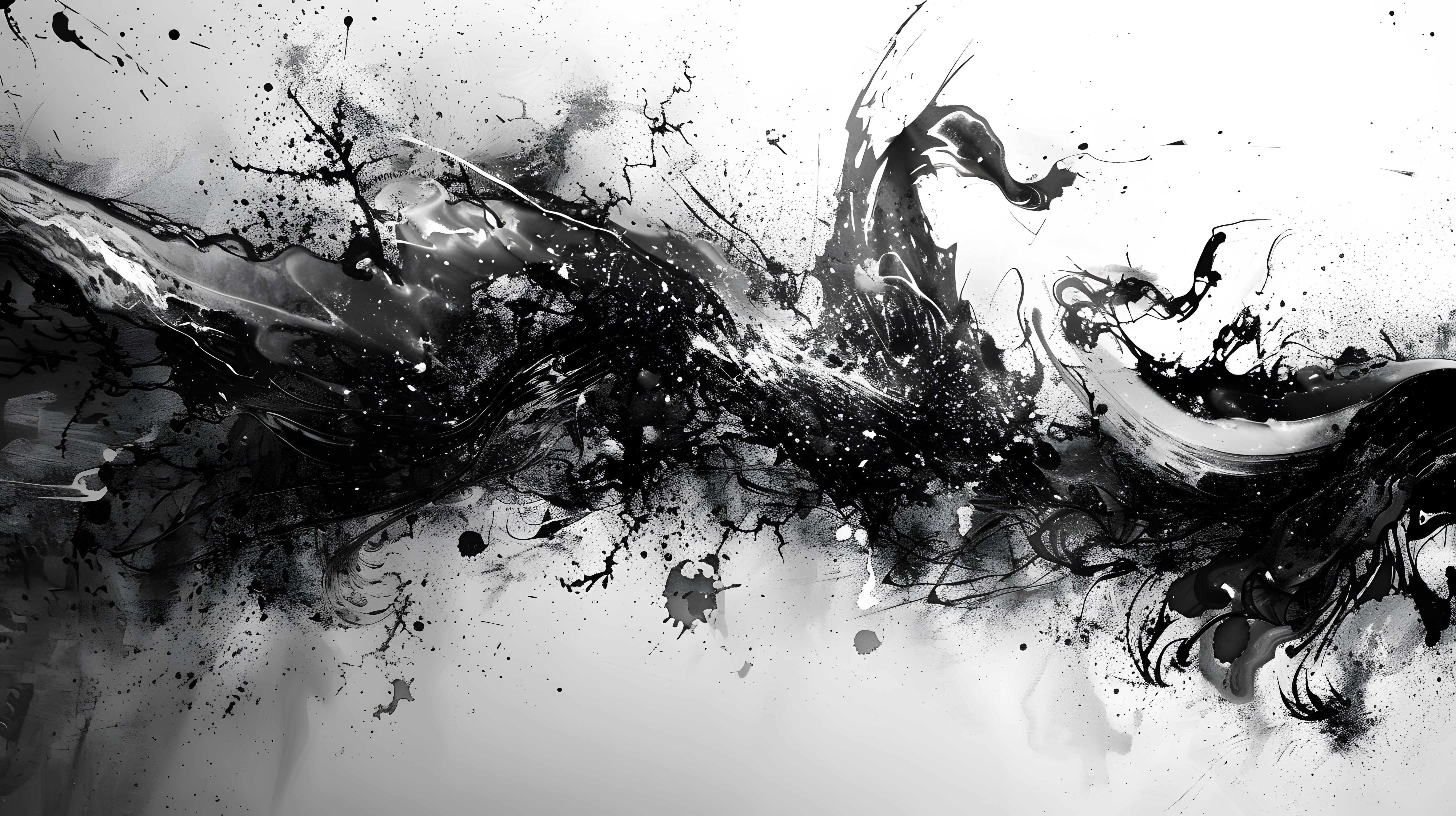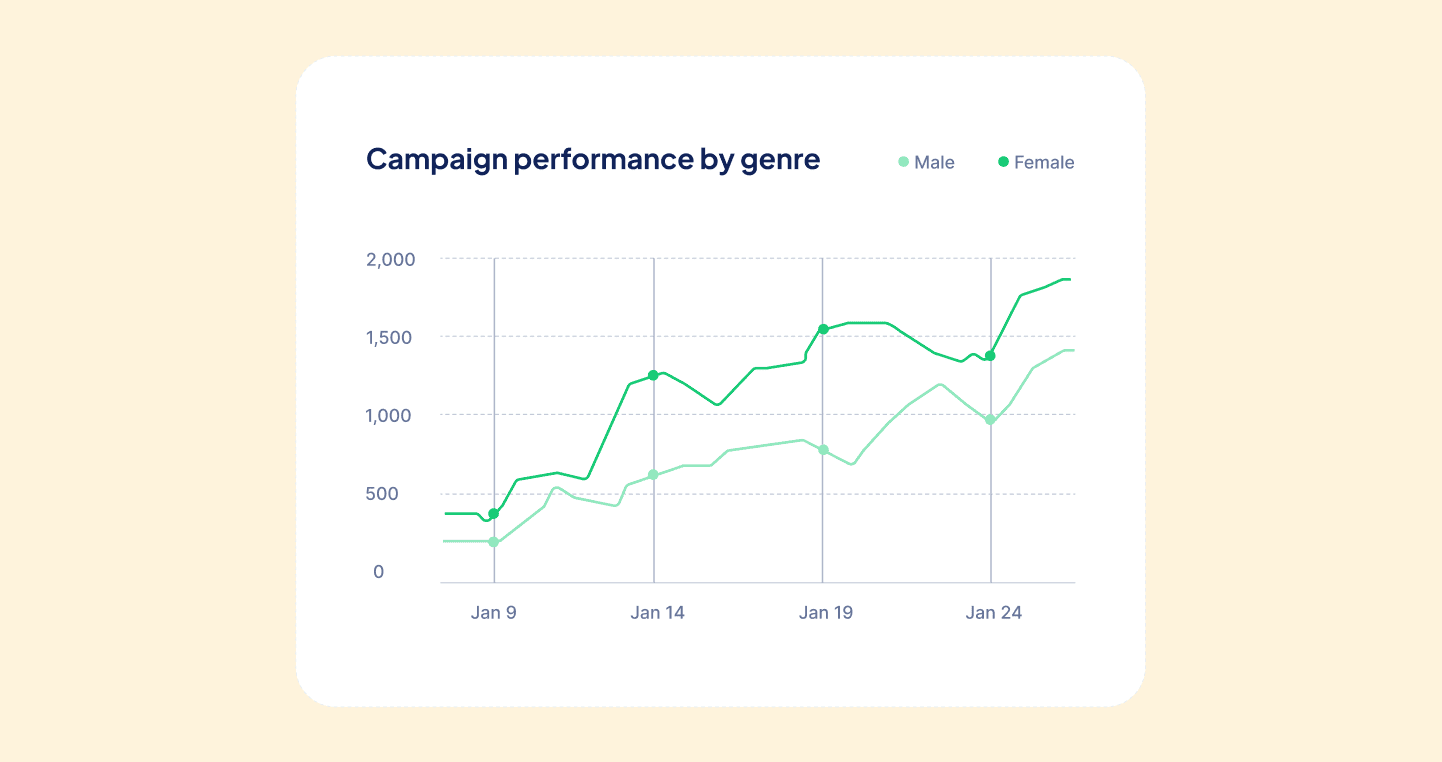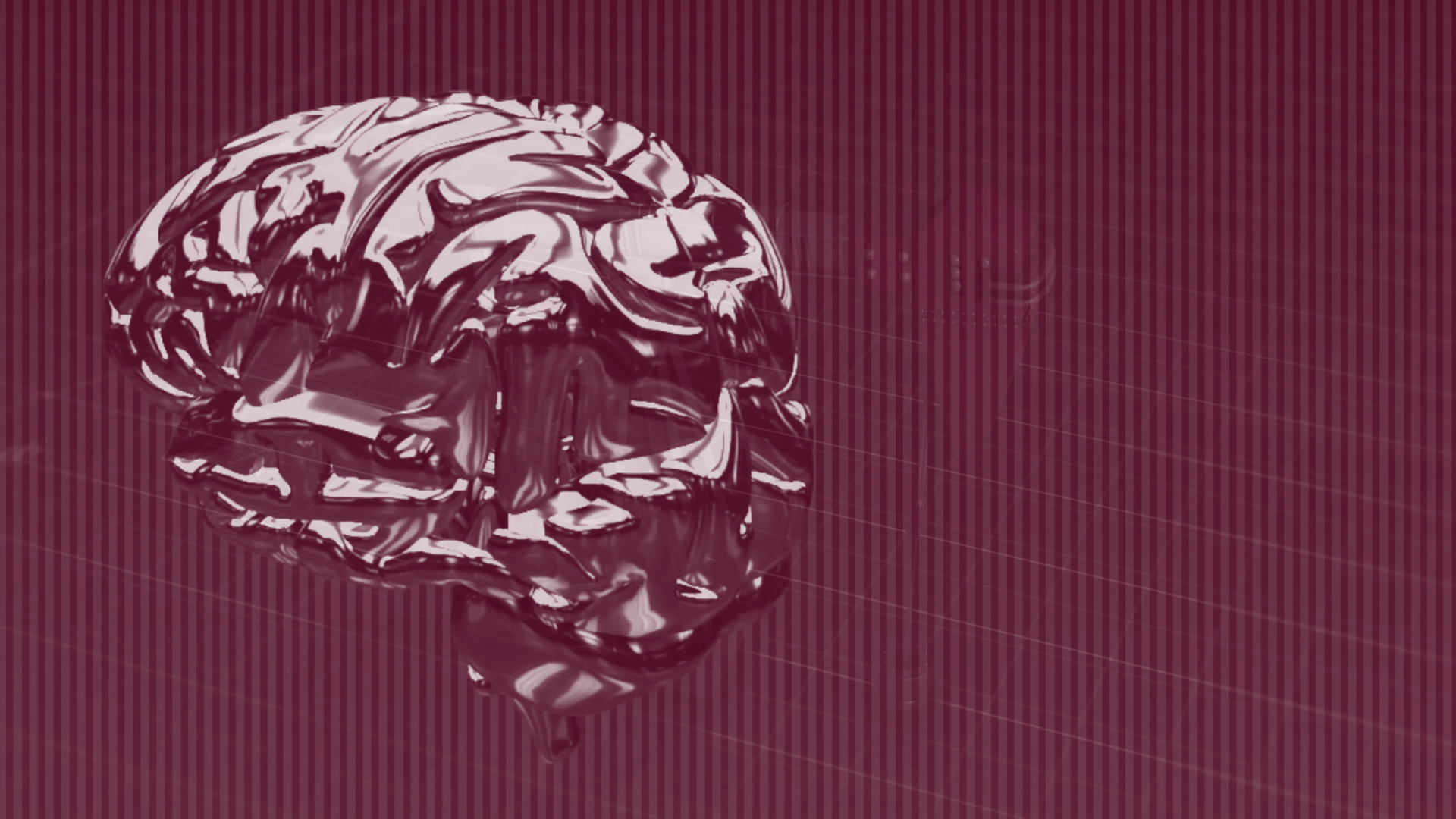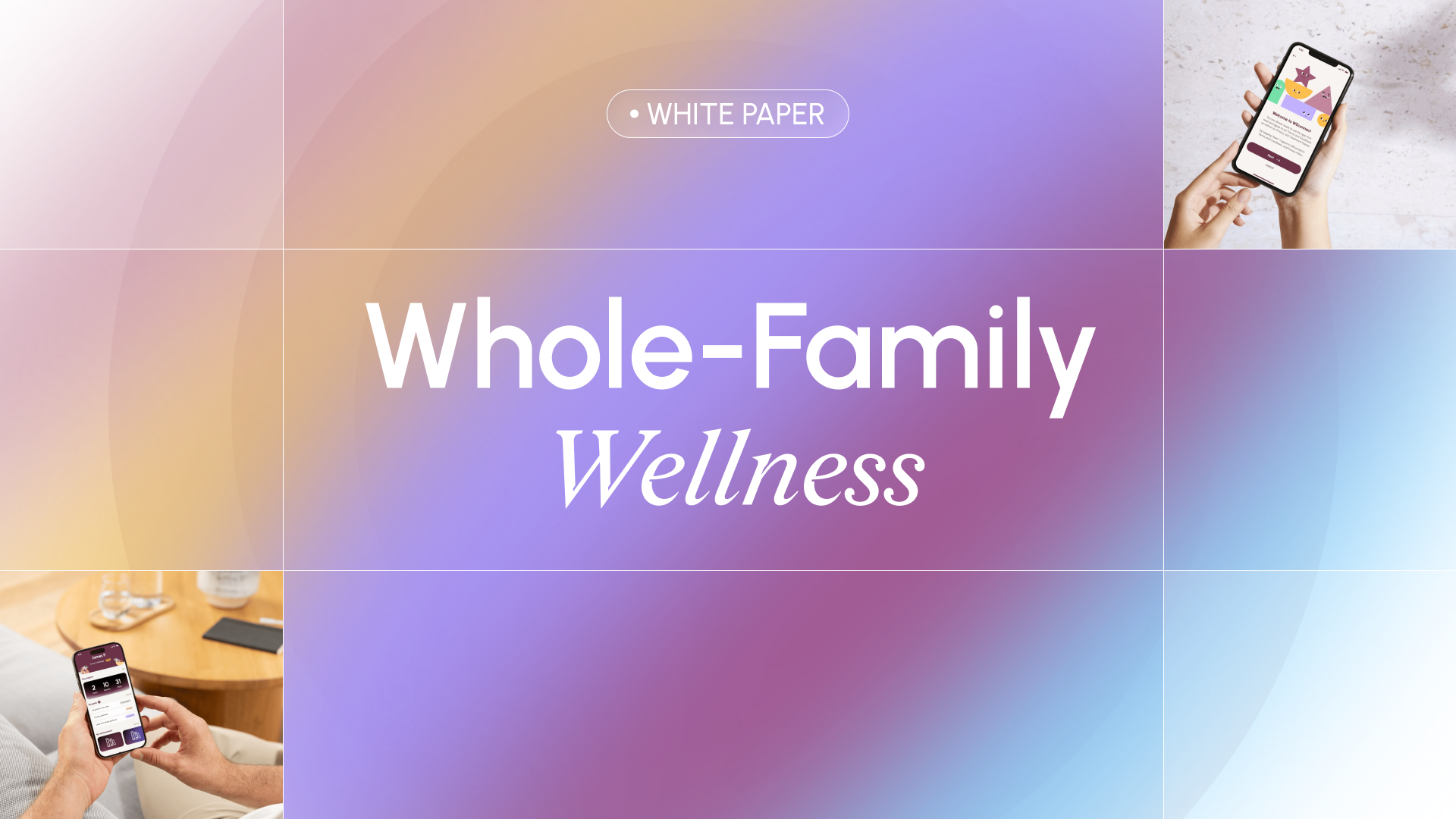The Unspoken Grief of Healing and Recovery
Healing and recovery can bring an unexpected sense of grief, as it involves letting go of old coping mechanisms, missed opportunities, and former versions of oneself, but acknowledging this grief is essential to building a healthier, more fulfilling life.

If someone told me before recovery that there would be grief involved in healing, I would not have believed them. When I thought of grief, I thought of the experience of losing a loved one or cherished pet. But, I have learned that grief can come in many forms, and the most surprising has been the feelings of loss that have come with living in wellness. This grief can be hard to articulate because of its unexpected source, but that does not make it any less real.
In recovery, I grieved the loss of those negative coping skills that had served a purpose for so long. Those unhealthy coping mechanisms had been a way to regulate all the pain, feelings, and trauma of the past. They worked - until they didn’t. When I put down alcohol, I felt like I was losing a best friend. Alcohol had been there with me through it all - through the joys and heartbreaks of life. It was a constant in a world of change. Who and what was I without it, and would I always feel this lonely?
I grieved the moments and years that I felt that I had lost to debilitating depression and anxiety, and to substance use. The times that anxiety kept me from experiencing something new or depression kept me from enjoying it fully. What had I missed out on while living in illness instead of wellness? I asked myself who I could have been and what I could have accomplished had I not spent so many years battling my mental health.
Recovery left me learning more and more about my true self, leaving the old self behind. As I learned more about myself, my likes and dislikes, I started to grieve my former self. Some of the things that I thought I knew about myself were, in actuality, me trying to be what I thought others wanted me to be. Even knowing that I was becoming a healthier, stronger version of myself, the change left me with some feelings of uncertainty and sadness.
Healing brought about a clearer understanding of the impact of my experiences. I felt loss for the “normal” childhood that I didn’t have in the midst of family addiction and mental health issues. In addition, processing what I lived through brought about a grief of its own. Ironically, healing also meant moving away from the familiar and the old, which I knew was best for me, but brought about its own sense of loss. This grief emerged from setting boundaries and distancing myself from certain people and places that were not serving this healthier version of me.
As with most grief we experience, the grief that comes with healing has not gone away completely, however, it does change and lessen over time. The waves of grief are not as strong and hit less frequently. It has helped to acknowledge the grief and allow myself to truly feel it, being gentle with myself as I move towards wellness and building a better life.
Processing this grief by sharing about it in recovery spaces allowed my healing to continue. By opening up, I began to make connections and build community in recovery, allowing me to feel less alone. I found people who I could relate to and who were also working to be better versions of themselves. I may still have moments of grief over the time I have lost, however, that is overshadowed by the gratitude that I have for the gifts of healing and the ability I now have to fully feel the full range of emotions. I often quote Maya Angelou who said “Do the best you can until you know better. Then when you know better, do better.” This has allowed me to forgive myself, as well as those in my past, believing that most people are doing their best. Now that I know better, I do better.
Emphasize your product's unique features or benefits to differentiate it from competitors
In nec dictum adipiscing pharetra enim etiam scelerisque dolor purus ipsum egestas cursus vulputate arcu egestas ut eu sed mollis consectetur mattis pharetra curabitur et maecenas in mattis fames consectetur ipsum quis risus mauris aliquam ornare nisl purus at ipsum nulla accumsan consectetur vestibulum suspendisse aliquam condimentum scelerisque lacinia pellentesque vestibulum condimentum turpis ligula pharetra dictum sapien facilisis sapien at sagittis et cursus congue.
- Pharetra curabitur et maecenas in mattis fames consectetur ipsum quis risus.
- Justo urna nisi auctor consequat consectetur dolor lectus blandit.
- Eget egestas volutpat lacinia vestibulum vitae mattis hendrerit.
- Ornare elit odio tellus orci bibendum dictum id sem congue enim amet diam.
Incorporate statistics or specific numbers to highlight the effectiveness or popularity of your offering
Convallis pellentesque ullamcorper sapien sed tristique fermentum proin amet quam tincidunt feugiat vitae neque quisque odio ut pellentesque ac mauris eget lectus. Pretium arcu turpis lacus sapien sit at eu sapien duis magna nunc nibh nam non ut nibh ultrices ultrices elementum egestas enim nisl sed cursus pellentesque sit dignissim enim euismod sit et convallis sed pelis viverra quam at nisl sit pharetra enim nisl nec vestibulum posuere in volutpat sed blandit neque risus.

Use time-sensitive language to encourage immediate action, such as "Limited Time Offer
Feugiat vitae neque quisque odio ut pellentesque ac mauris eget lectus. Pretium arcu turpis lacus sapien sit at eu sapien duis magna nunc nibh nam non ut nibh ultrices ultrices elementum egestas enim nisl sed cursus pellentesque sit dignissim enim euismod sit et convallis sed pelis viverra quam at nisl sit pharetra enim nisl nec vestibulum posuere in volutpat sed blandit neque risus.
- Pharetra curabitur et maecenas in mattis fames consectetur ipsum quis risus.
- Justo urna nisi auctor consequat consectetur dolor lectus blandit.
- Eget egestas volutpat lacinia vestibulum vitae mattis hendrerit.
- Ornare elit odio tellus orci bibendum dictum id sem congue enim amet diam.
Address customer pain points directly by showing how your product solves their problems
Feugiat vitae neque quisque odio ut pellentesque ac mauris eget lectus. Pretium arcu turpis lacus sapien sit at eu sapien duis magna nunc nibh nam non ut nibh ultrices ultrices elementum egestas enim nisl sed cursus pellentesque sit dignissim enim euismod sit et convallis sed pelis viverra quam at nisl sit pharetra enim nisl nec vestibulum posuere in volutpat sed blandit neque risus.
Vel etiam vel amet aenean eget in habitasse nunc duis tellus sem turpis risus aliquam ac volutpat tellus eu faucibus ullamcorper.
Tailor titles to your ideal customer segment using phrases like "Designed for Busy Professionals
Sed pretium id nibh id sit felis vitae volutpat volutpat adipiscing at sodales neque lectus mi phasellus commodo at elit suspendisse ornare faucibus lectus purus viverra in nec aliquet commodo et sed sed nisi tempor mi pellentesque arcu viverra pretium duis enim vulputate dignissim etiam ultrices vitae neque urna proin nibh diam turpis augue lacus.
%202.svg)

